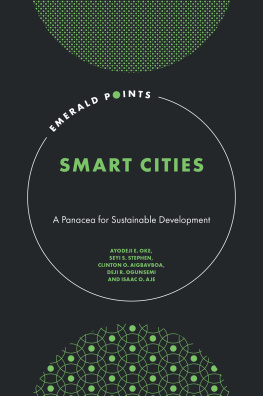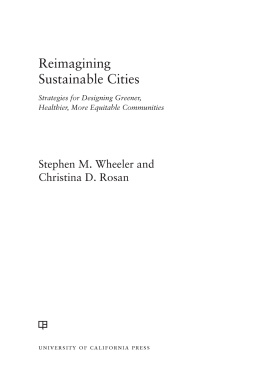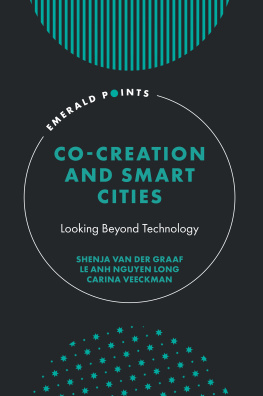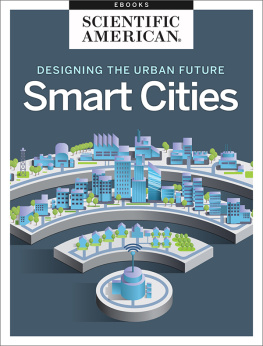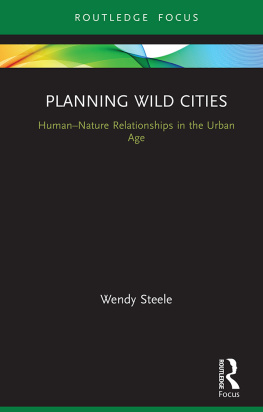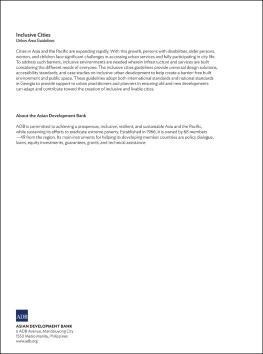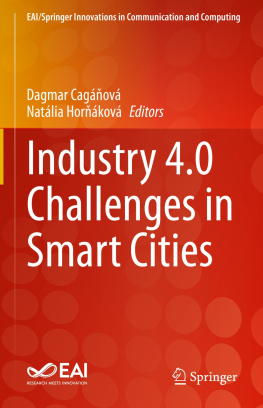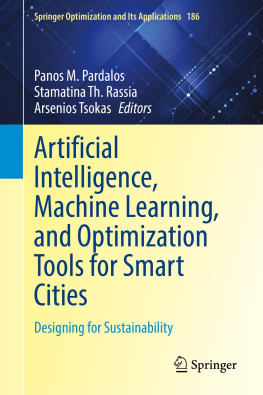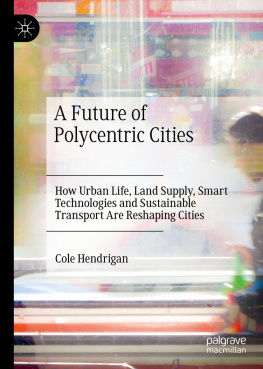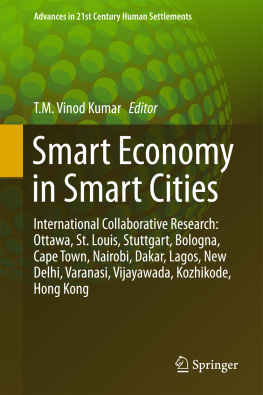ABOUT THE AUTHORS
Ayodeji Emmanuel Oke is a Senior Lecturer in the Department of Quantity Surveying, Federal University of Technology Akure, Nigeria and a Senior Research Associate with cidb Centre of Excellence, Faculty of Engineering and Built Environment, University of Johannesburg, South Africa. With more than 250 publications, his research interest is in sustainable infrastructure management (SIM), emphasising sustainable construction, value management and quantity surveying and construction in the digital era.
Seyi Segun Stephen is a Graduate of Quantity Surveying at the Federal University of Technology, Akure, Nigeria. He is a Social Psychology and Behavioural Sciences Enthusiast. He also has a flair for literature and his areas of specialisation are academic consultancy, psychological education and teaching. He is a Construction Manager and has authored books including Sustainable Construction in era of the Fourth Industrial Revolution published by Taylor & Francis, Routledge.
Clinton Ohis Aigbavboa is a Professor in the Department of Construction Management and Quantity Surveying, and Director of cidb Centre of Excellence & Sustainable Human Settlement and Construction Research Centre, University of Johannesburg, South Africa. He completed his PhD in Engineering Management and has published several research papers in the area of housing, construction and engineering management and research methodology for construction students. He has extensive knowledge in practice, research, training and teaching.
Deji Rufus Ogunsemi is a Professor of Quantity Surveying in the Department of Quantity Surveying, Federal University of Technology, Akure, Nigeria. He is currently the Deputy Vice-Chancellor (Academics), Federal University of Technology Akure, Nigeria. He is a Registered Quantity Surveyor and Registered Builder with research interest in cost management, procurement management and construction economics.
Isaac Olaniyi Aje is a Professor of Contract Management and Quantity Surveying in the Department of Quantity Surveying, Federal University of Technology, Akure, Nigeria. He is currently the Dean, School of Environmental Technology, Federal University of Technology, Akure, Nigeria. He is a Registered Quantity Surveyor with research interest in contractual arrangements and management, cost management and procurement management.
PREFACE
Change is constant with humans. There is always the urge to move from a state to another no matter the level of comfort enjoyed at that moment. And with the client being insatiable in nature coupled with the quest to dealing with scarcity, construction professionals in the construction industry needed to act swift in order to meet the growing expectations and providing sustainable alternatives to scarcities. Surplus and reusable are the major terminologies when dealing with concepts that gave birth to sustainable development (SD). In the search for better quality of life, residents migrate at a very high rate from less developed areas to developed ones. This has however increased the pressure on the available resources present in such civilised cities. The populations growth is not slowing down soon at any moment hence the need to improve on what has been on ground. Smart cities come as a solution to the demands to the growing migrated population. The smartness of a city comes from the relationships between construction stakeholders and the citizens with general enhancement in mind as the targeted goal. It is believed that when there is a more technologically advanced society where operations are estimated and managed, there is bound to be improvements in all standards and ease of growth in social, physical and economic circumstances.
The smart city has been developed over the years and its benefits are numerous. As well as challenges and drivers that are part of its concept, the smart city framework inculcated into constructions will enhance the overall performances of cities as well as the citizens living in them. This book assists the readers in comprehending better what smart city in construction is all about. It starts by defining smart city to identifying concepts in it; also, the process, theories and models that are embedded in it are explicitly explained to give a solid basic understanding of the subject. The interaction between smart city and SD was affirmed in the context of the book. Furthermore, procurement in smart city development brings a new look to an angle presented in terms of functionality and acceptability of the smart city into construction processes even from the onset of planning to management of executions within a contract sum and duration.
As urbanisation continues to progress through several digitalisation processes, the architecture, engineering, construction and operation (AECO) industries are always saddled with delivering results due to the growing pressures within and outside the construction industry. The expected readers of the book are construction professionals in various fields; undergraduate and postgraduate students in the built environment discipline; policy-makers in the construction industry; procurement officers; government agencies in ministries, secretariats and functional integrated infrastructural project professionals; construction workers both in developing and developed countries; city and urban planners; building, civil and industrial stakeholders; value creators across several fields; individuals concerned with building a smart or sustainable city; building contractors and regulatory project personnel; financiers in terms of banks, bond, insurance companies; and local monarchs among other readers.

